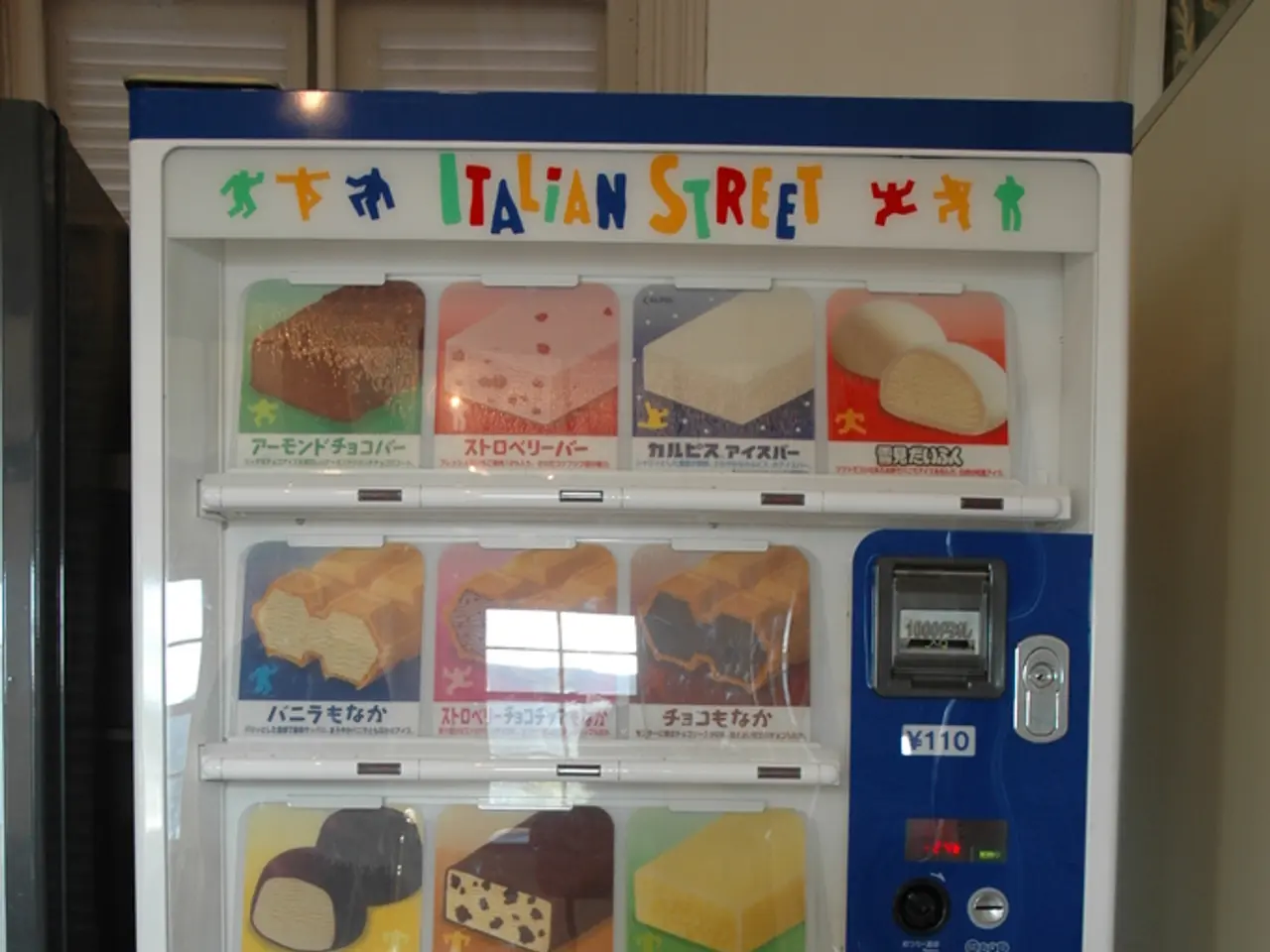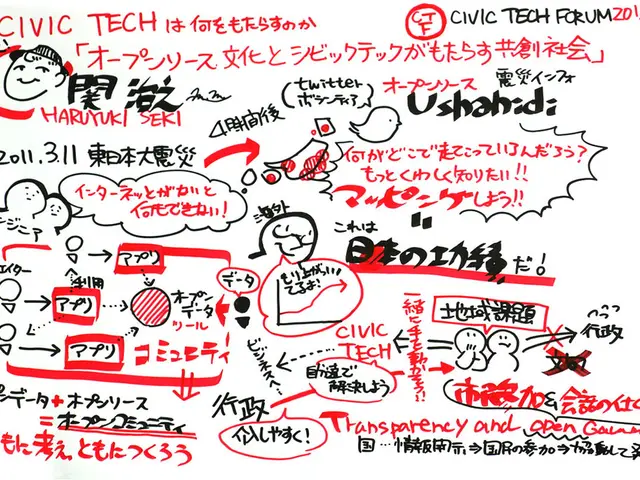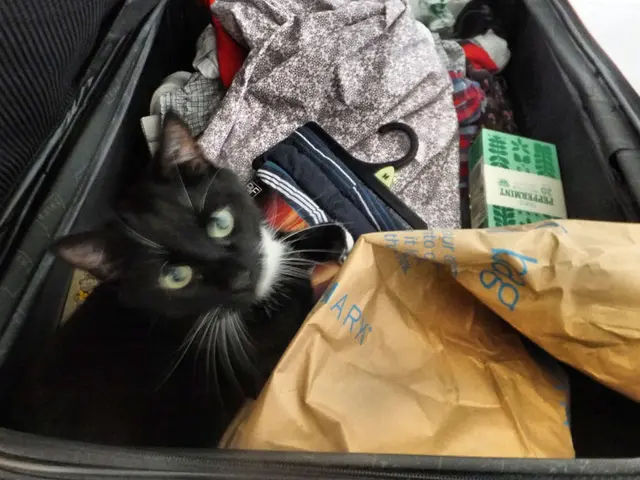Discussion over Broadening the Scope of Credit Card Use in Hamburg - Enhancements have been made to boost the standard of the offered services by the Commission.
In a significant move towards modernising administration and promoting financial inclusion, the Hamburg Senate is considering the expansion of payment cards for refugees. The proposal, which is being discussed in response to a query by the Left party, aims to streamline the distribution of social benefits and provide asylum seekers with a more secure and efficient means of accessing funds.
The use of payment cards offers several potential benefits. For instance, they facilitate financial transactions, promoting financial independence for asylum seekers. Unlike cash payments, payment cards allow refugees to access funds more securely, reducing the risk of theft or loss. Moreover, payment cards can be less stigmatizing than cash vouchers or in-kind support, providing refugees with a more flexible means of managing their needs.
The expansion of payment cards could also enhance efficiency. By streamlining the distribution of social benefits, the system could reduce administrative workload and improve transparency in the aid process. Hamburg has already pioneered the use of payment cards for minors in supervised facilities, and the success of this initiative is being seen as a positive precedent for wider application.
However, the introduction and expansion of payment cards for refugees are not without challenges. One of the primary concerns is the legal hurdles that have arisen following a ruling by the Hamburg Social Court, which deemed the payment card system for asylum seekers unlawful. This ruling may create legal and procedural obstacles for further rollout or continuation of the program.
Another challenge is the unequal availability of payment cards, leading to inconsistent access and potential inequality. Currently, payment cards are not available to all refugees or asylum seekers in Hamburg, which could exacerbate existing inequalities.
Expanding payment card usage requires coordinated government action, system interoperability, and funding, which could be complex and resource-intensive. The finance authority in Hamburg plans to identify and implement more suitable processes and services for expanding card payments in collaboration with the social welfare authority.
Migration and social benefits are sensitive topics in Germany's political landscape, which may affect policy decisions on expanding payment card programs. Finance Senator Andreas Dressel (SPD) is in favour of this expansion, stating that it could provide a pathway to participation for those without access to cashless payment methods.
The payment cards, which can be used at supermarkets and hairdressers, among other places, cannot be used for online shopping, gambling, money transfers, or abroad. The monthly cash withdrawal limit for minors is set at 10 euros, while the limit for refugees is 50 euros. The finance authority spokesperson stated that the current focus is on using these cards for asylum seekers, with plans to implement the expansion of card payments in the coming months.
A report about the expansion of payment cards for refugees was made by "MOPO," highlighting the potential benefits and challenges of this initiative. As Hamburg continues to navigate these issues, the future of payment cards for refugees remains uncertain, but the potential for improved financial inclusion and administrative efficiency is undeniable.
The proposed expansion of payment cards for refugees in Hamburg aligns with the Community policy, as it seeks to promote financial inclusion and modernize administration. This initiative could have a significant impact on employment policy, as it offers refugees a more secure and efficient means of accessing funds, potentially promoting financial independence.
The finance department in Hamburg will need to address legal hurdles and ensure system interoperability, among other challenges, to successfully implement the expansion of payment card programs. This process will likely involve coordinated government action and may require substantial resources.




